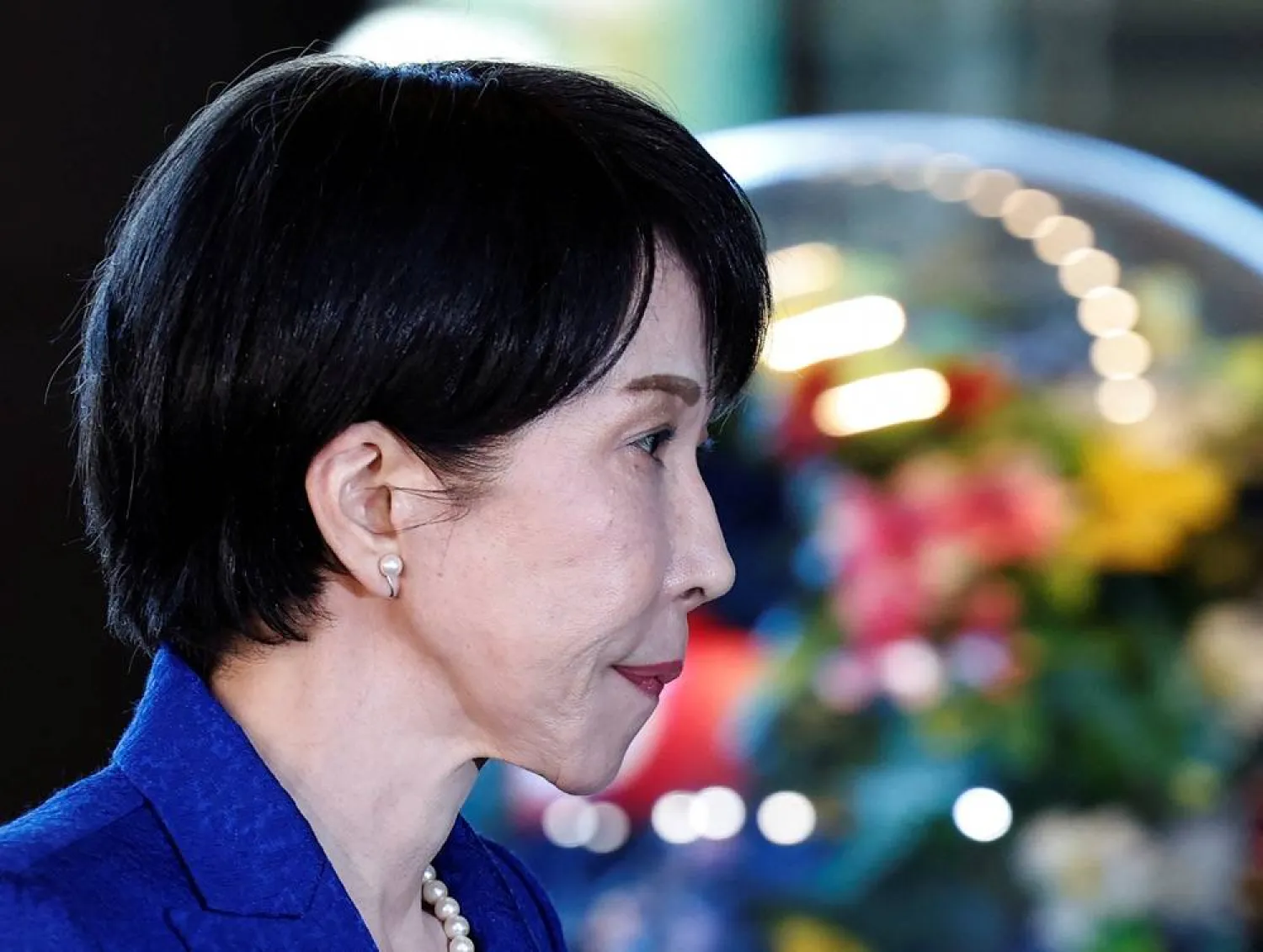Iranian meddling in the affairs of Arab countries took on Thursday the center stage at the meetings of Arab foreign ministers aimed at preparing the draft agenda and draft resolutions of the 29th Arab League summit to be held in Dhahran on Sunday.
During the meetings, ministers of the League's 22 member states said Iran and terrorism are two sides of the same coin, adding that Arab states should work together to stop Iran from meddling in their affairs.
Secretary-General of the Arab League Ahmed Aboul Gheit condemned Iranian interference in Bahrain and other Arab countries.
He said there is an Arab consensus on the unity of Syrian territory, adding that a political solution is the best way to resolve the crisis.
For his part, Saudi Foreign Minister Adel bin Ahmed Al-Jubeir, who chaired the meetings, asserted that his country neither accepts nor tolerates terrorism and Iranian interference, stressing that there is no peace and stability in the region as long as Tehran meddles in the internal affairs of Arab countries.
The Saudi minister added that Iran is supplying the Houthi militias in Yemen with Iranian-made ballistic missiles, stressing that this act reflects Tehran's adoption of terrorism as a way to destabilize security and stability in Yemen.
Also on Thursday, an Arab Quartet Ministerial Committee on Iranian intervention in Arab affairs condemned continued Iranian meddling.
The committee, which consists of Saudi Arabia, UAE, Bahrain, Egypt and the Secretary General of Arab League, said in a statement following its 8th meeting in Riyadh that it was deeply concerned over Iran's efforts to incite sectarian violence in Arab countries, including Tehran’s support and arming of terrorist militias in some Arab countries, resulting in chaos and instability in the region, which in turn threatens Arab national security.









